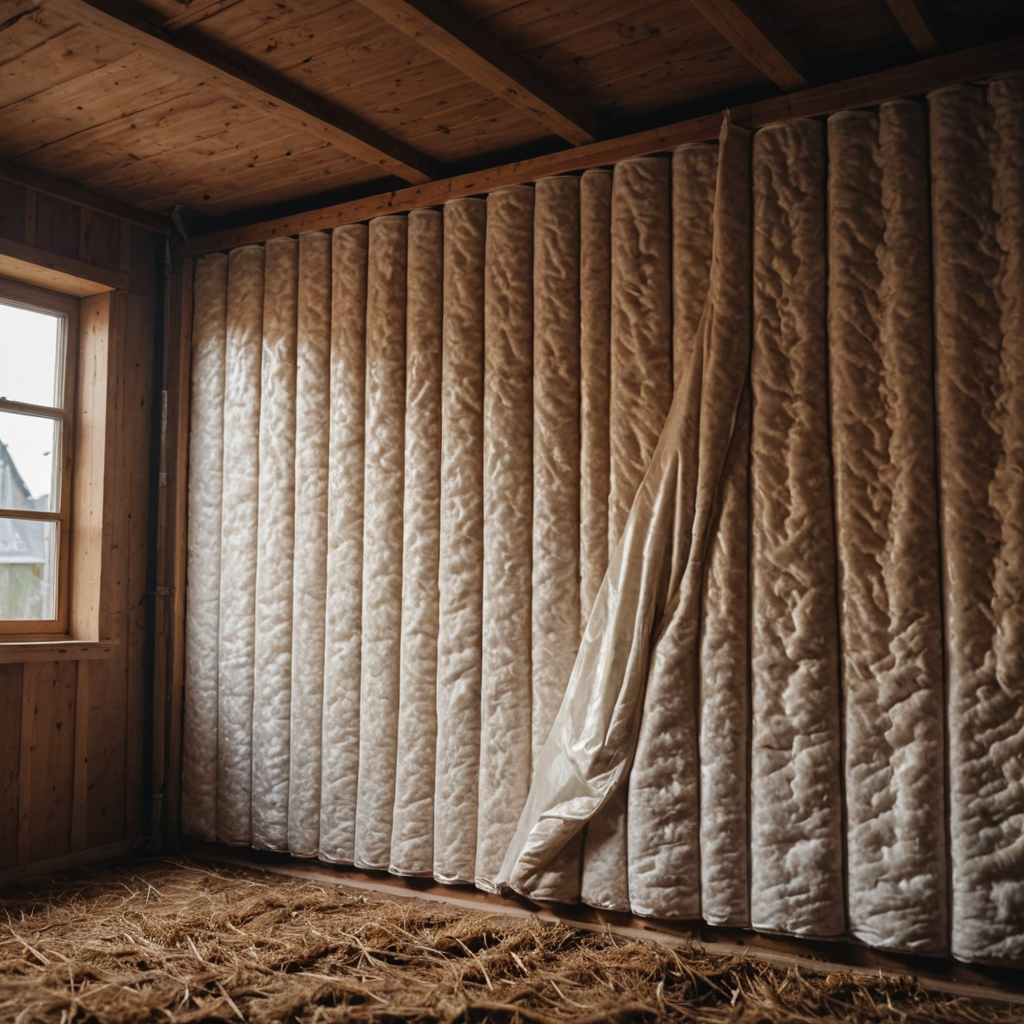
Insulation plays a crucial role in maintaining indoor comfort, energy efficiency, and temperature regulation in homes and buildings. By selecting the right type of insulation for your property, you can improve thermal performance, reduce energy costs, and create a more comfortable living environment. With a variety of insulation materials available on the market, understanding the characteristics, benefits, and applications of each type can help you make an informed decision that meets your specific insulation needs. In this article, we will delve into different types of insulation and provide insights on choosing the best option for your residential or commercial property.
Types of Insulation Materials:
1. Fiberglass Insulation: Fiberglass insulation is one of the most common and cost-effective insulation materials used in residential and commercial construction. It consists of fine glass fibers and comes in batts, rolls, or loose-fill forms. Fiberglass insulation offers thermal resistance, fire resistance, and sound absorption properties, making it suitable for walls, attics, and floors.
2. Cellulose Insulation: Cellulose insulation is made from recycled paper or plant fibers treated with fire-retardant chemicals. It is an eco-friendly and affordable insulation option that provides excellent thermal performance and soundproofing qualities. Cellulose insulation is commonly used in attics, walls, and ceilings for energy-efficient insulation.
3. Spray Foam Insulation: Spray foam insulation is a versatile and high-performance insulation material that expands to fill gaps, cracks, and cavities in walls, ceilings, and floors. It offers superior air sealing, moisture resistance, and thermal efficiency compared to traditional insulation types. Spray foam insulation is ideal for insulating hard-to-reach areas and creating airtight building envelopes.
4. Mineral Wool Insulation: Mineral wool insulation, also known as rock wool or slag wool, is made from natural or recycled minerals such as basalt, limestone, or steel slag. It provides fire resistance, sound absorption, and thermal insulation properties, making it suitable for high-temperature applications, soundproofing walls, and insulating attics and basements.
5. Polyurethane Foam Insulation: Polyurethane foam insulation is a type of rigid foam insulation that offers excellent thermal resistance and moisture control. It comes in spray foam or rigid board forms and provides superior insulation for roofs, walls, and foundations. Polyurethane foam insulation is known for its high R-value and energy efficiency benefits.
Choosing the Best Insulation for Your Needs:
1. Consider Insulation R-Value: The R-value of insulation measures its thermal resistance and effectiveness in preventing heat transfer. Higher R-values indicate better insulation performance, so choose insulation materials with appropriate R-values based on your climate zone and energy efficiency goals.
2. Evaluate Insulation Application: Determine the areas of your property that require insulation, such as walls, ceilings, floors, and attics. Select insulation materials that are suitable for specific applications and installation methods to ensure proper coverage and performance.
3. Assess Environmental Impact: Consider the environmental sustainability and eco-friendliness of insulation materials when making your selection. Choose insulation products with recycled content, low VOC emissions, and minimal environmental impact to support green building practices and reduce carbon footprint.
4. Factor in Budget and Longevity: Evaluate the initial cost, long-term savings, and lifespan of insulation materials to determine the best value for your investment. Compare the upfront expenses, energy savings potential, and durability of different insulation types to make a cost-effective and durable choice for your property.
5. Consult with Insulation Professionals: Seek advice from insulation contractors, energy auditors, or building professionals to assess your insulation needs, recommend suitable materials, and ensure proper installation. Professional guidance can help you select the best insulation solution for your property and achieve optimal energy efficiency and comfort.
In conclusion, understanding the different types of insulation materials, their characteristics, and applications can help you choose the best option for your residential or commercial property. Whether you opt for fiberglass, cellulose, spray foam, mineral wool, or polyurethane foam insulation, selecting the right insulation material based on factors such as R-value, application, environmental impact, budget, and professional advice can enhance thermal performance, energy efficiency, and indoor comfort in your building. Invest in quality insulation that meets your specific needs and contributes to a well-insulated, energy-efficient, and sustainable living or working environment for years to come.
Cedar Hill St. Louis Jefferson County Olivette Kirkwood Ballwin Arnold Franklin County St Charles County Fenton High Ridge Dittmer Creve Coeur
